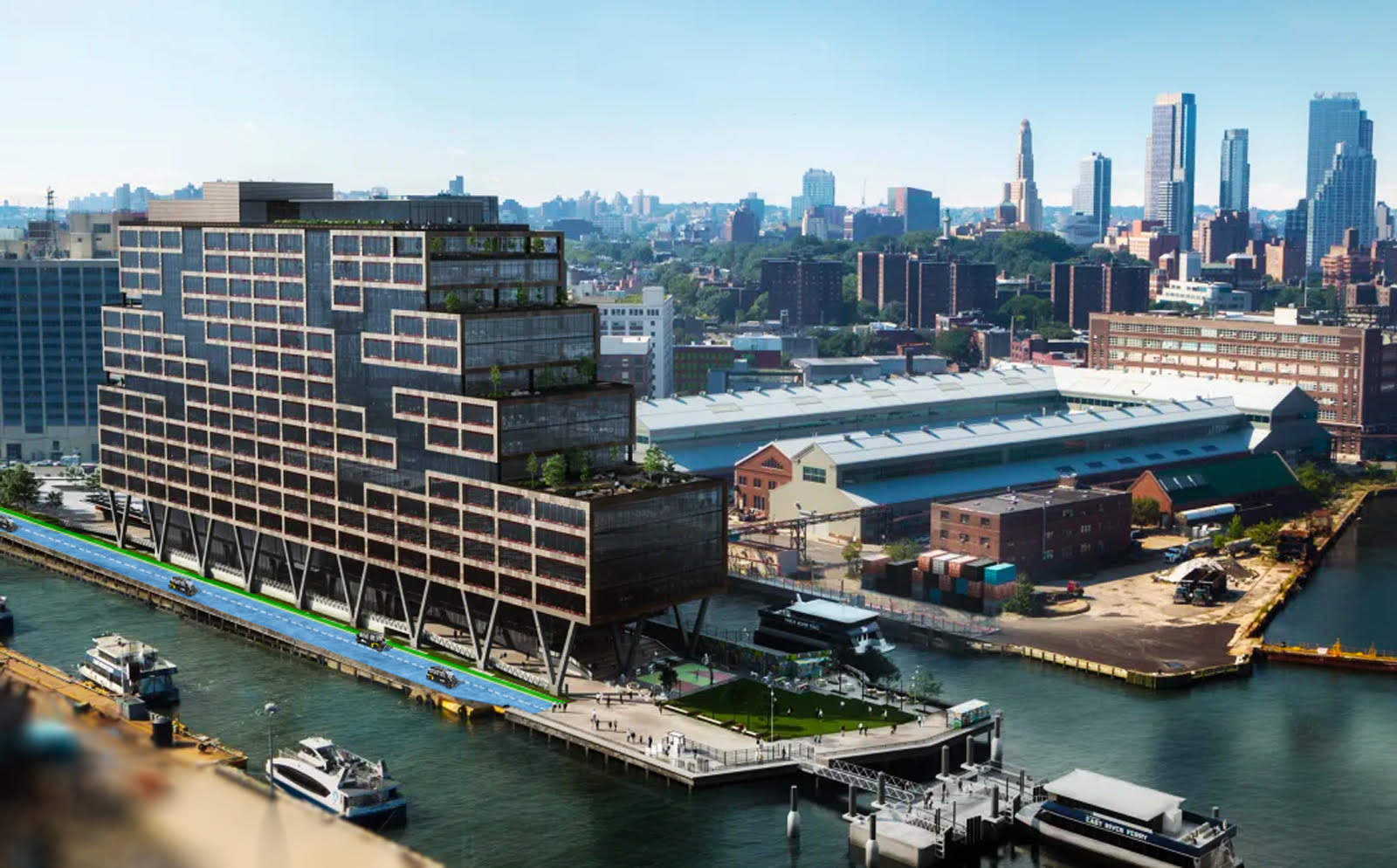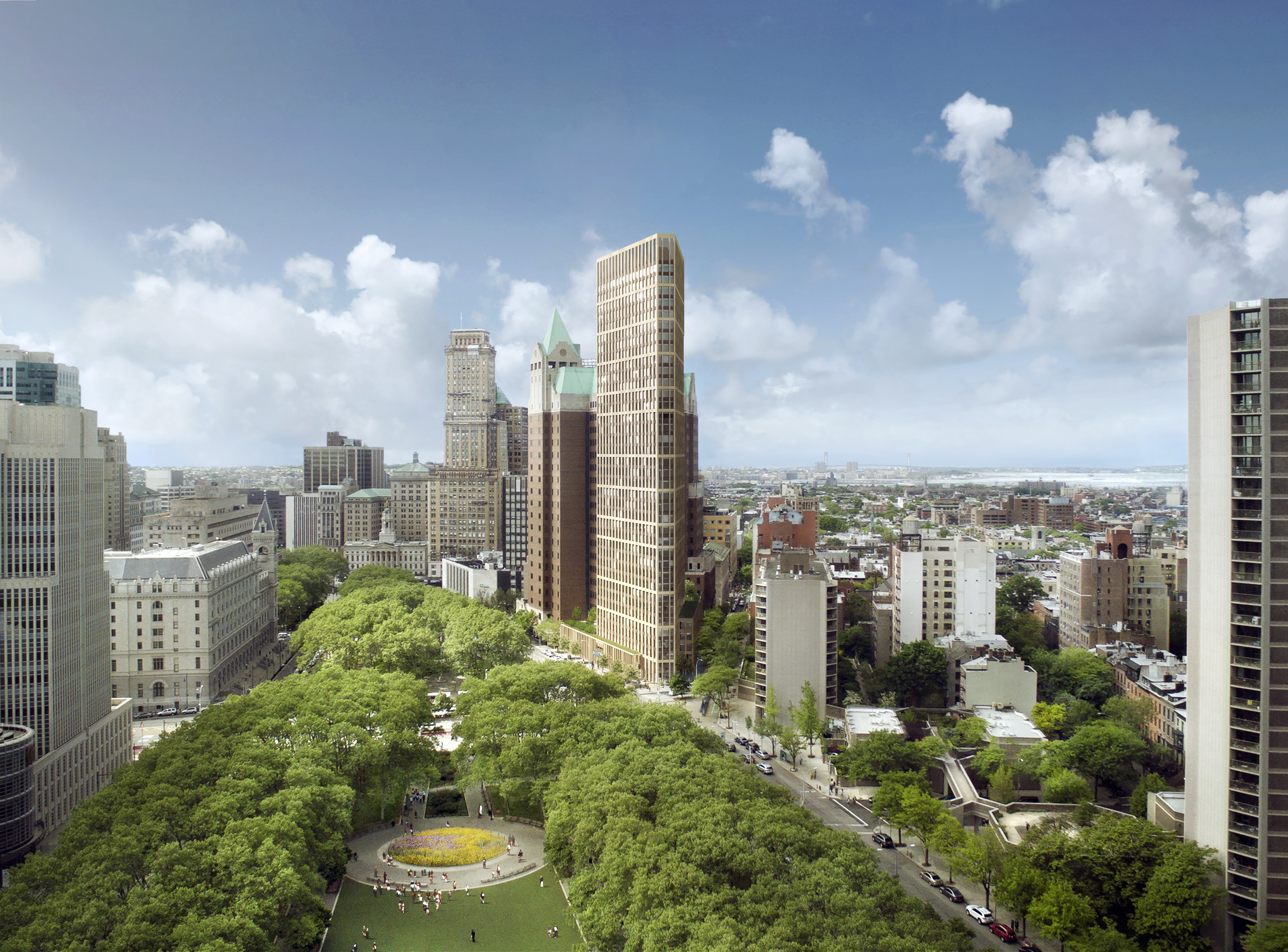New York’s first commercial self-driving vehicles coming to Brooklyn Navy Yard

The cars will operate as a loop shuttle service connecting NYC Ferry passengers to the Cumberland Gate. Rendering courtesy of Optimus Ride
The first commercial self-driving vehicles in New York are coming to the Brooklyn Navy Yard this spring.
The cars, provided by Optimus Ride, a Boston-based self-driving vehicle technology company, will operate as a loop shuttle service connecting NYC Ferry passengers to the Cumberland Gate at the intersection of Flushing Avenue and Cumberland Street.
“The Navy Yard is a good entry point into the New York metropolitan market,” Optimus CEO and co-founder Dr. Ryan Chin told the Brooklyn Eagle. “We believe that there’s a very large demand for self-driving vehicles. The Navy Yard itself has some unique conditions that will allow us to operate. First it’s a geo-fenced area and the speed limit is very low, it’s 20 mph or less.
